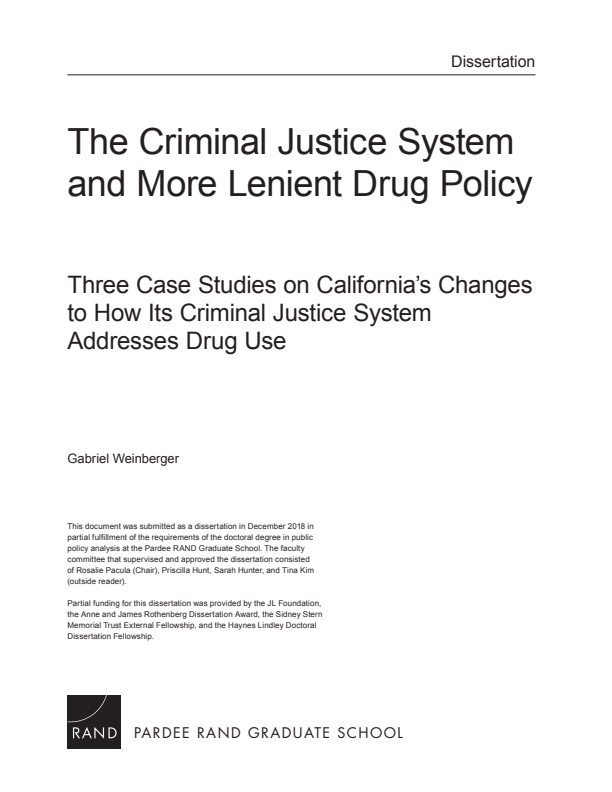By Jason Eligh
Globally, support for drug policy reform has grown over the past 10 years. Even as the drug prohibition consensus-keepers in Vienna have voted for yet another 10-year extension to their still unsuccessful 20- year strategy for global drug control at the March 2019 Commission on Narcotic Drugs High Level Review meeting, a reform movement among global member states has been gaining credibility and strength. The United Nations General Assembly Special Session on Drugs (UNGASS) meeting of member states in New York in 2016 was a soft watershed moment in the history of global drug policy. It was significant in its revelation that the global consensus on drug prohibition that had existed for 55 years now appears to be an openly fractured and vulnerable accord, one that was – and continues to be in a state of flux. UNGASS 2016 demonstrated that political space had opened for regional and national reflections on the nature of illicit drugs and countries’ domestic responses. By extension, the fragmenting of global drug policy’s ‘Vienna Consensus’ has also provided an opportunity for Africa. The continent could unify and play a leading role in shaping and implementing a new international drug policy approach. Such an approach could be grounded in the human rights, health and social development objectives of its continental Agenda 2030 goal of sustainable development, within the wider context of its Agenda 2063 goal of ‘an integrated, prosperous and peaceful Africa’.1 The purpose of this report is to reflect on the changing drug policy environment in Africa, particularly in the period leading up to and after the seminal UNGASS 2016 meeting of member states. It also examines the politics of continental drug policy prohibition and reform in the context of the growing global movement to embrace drug policy alternatives to the once universal approach of strict prohibition. Observations and recommendations are made regarding incorporating drug policy reform in the context of achieving developmental success with respect to the continental Agenda 2030 and Agenda 2063 goals
ENACT (ENACT is implemented by the Institute for Security Studies in partnership with INTERPOL and the Global Initiative against Transnational Organized Crime.)2019. 76p.







